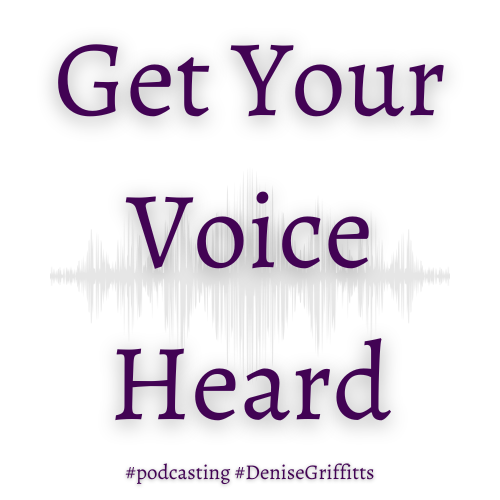Podcasting, a medium that has taken the digital world by storm, offers creators a unique space to express themselves and connect with audiences. One of the fundamental decisions every podcaster faces is whether to follow a meticulously crafted script or embrace the spontaneity of improvisation. This article explores the pros and cons of scripted and improvised podcasting, providing insights for creators grappling with this pivotal choice.
The Art of Scripted Podcasting
PROS
- Clarity and Structure
– Scripted podcasts provide a clear structure, ensuring that the content flows seamlessly from one point to another.
– Creators can carefully plan and organize their thoughts, resulting in a more polished and professional final product. - Precision in Communication
– Scripts allow for precision in language and communication, minimizing the chances of miscommunication or tangential discussions.
– Creators can convey complex information or narratives with greater clarity and conciseness. - Editing Efficiency
– Scripted content often requires less editing, as creators can refine their delivery during the writing process.
– Post-production becomes more efficient, saving time and resources.
CONS
- Loss of Authenticity
– A scripted podcast may lack the raw and authentic feel that listeners often appreciate in spontaneous conversations.
– Overly rehearsed content can sound robotic and disengage the audience. - Rigidity and Lack of Flexibility
– Following a script rigidly may lead to a lack of adaptability, making it challenging to address unexpected developments or audience reactions.
– Creators might feel constrained by the script, limiting their ability to respond to current events or trending topics. - Time-Consuming
– Crafting a well-written script demands time and effort. Creators may find themselves spending a significant amount of time on pre-production tasks.
The Thrill of Improvised Podcasting
PROS
- Authenticity and Spontaneity
– Improv allows for a more genuine and spontaneous conversation, fostering a connection between hosts and listeners.
– Listeners often appreciate the natural flow of unrehearsed banter. - Adaptability
– Improv podcasts can easily adapt to unexpected events, current affairs, or audience feedback, making them more responsive and engaging.
– The format enables hosts to be agile in their content creation. - Reduced Production Time
– With minimal scripting, creators can significantly reduce pre-production time.
– The emphasis on natural conversation may lead to quicker recording and editing processes.
CONS
- Lack of Structure
– Improvised podcasts run the risk of meandering, lacking a structured narrative or defined points.
– Without careful planning, episodes may lack coherence, leaving listeners disoriented. - Editing Challenges
– Post-production for improvised content can be more time-consuming, as editors need to sift through longer recordings to identify and remove unnecessary segments. Alternatively, you can opt for a live, unedited approach, as I have been doing for the past 15 years on Your Partner In Success Radio.
– The risk of overlooking errors or tangential discussions is higher. - Content Quality Variability
– The quality of an improvised podcast heavily depends on the hosts’ ability to think on their feet. Some episodes may be brilliant, while others might lack substance or direction.
Striking a Balance
Finding the right balance between scripting and improvisation is often the key to a successful podcast. Many creators opt for a hybrid approach, combining the structure of a script with the spontaneity of improvised segments. This allows for a well-thought-out foundation while leaving room for dynamic and authentic interactions.
Ultimately, whether a podcast should lean toward scripting or improvisation depends on the goals, preferences, and style of the creators. Understanding the pros and cons of each approach empowers podcasters to make informed decisions that align with their vision and resonate with their audience. In a medium that thrives on diversity, there is no one-size-fits-all solution—only the continual exploration of what works best for each unique voice in the podcasting landscape.
